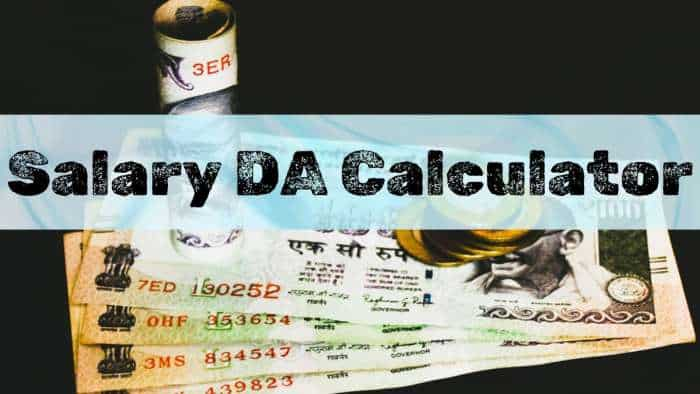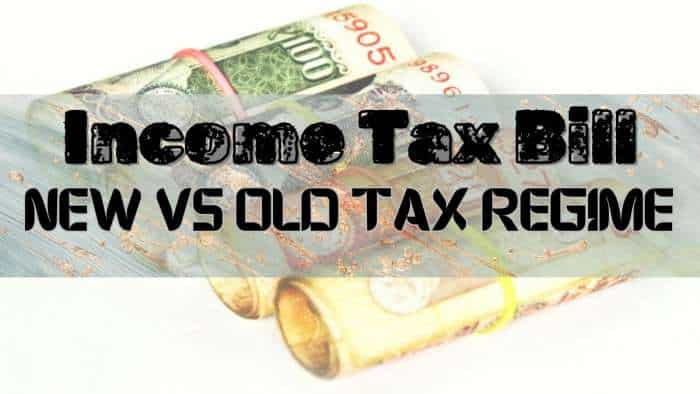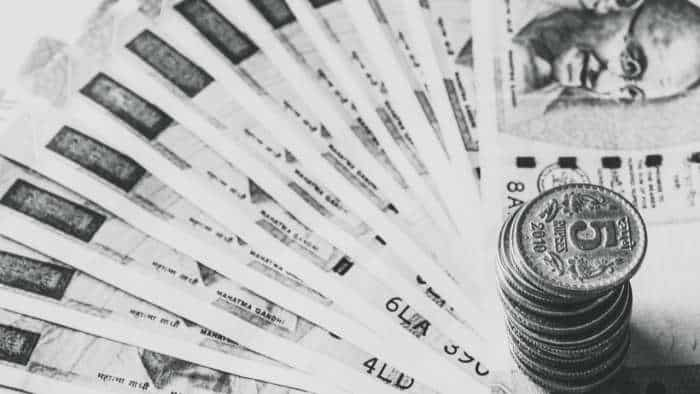Why is it important to have an emergency fund?
If an adequate emergency corpus is not built then any unforeseen crisis may affect your other investments that are planned to use in other purposes.

As financial inclusion is happening at a must faster pace than a decade ago, financial planning is very important to secure the future. We often ignore the importance of emergency funds while preparing the investment plan. If an adequate emergency corpus is not built then any unforeseen crisis may affect your other investments that are planned to use in other purposes.
In some cases, the investors may have to take a big cut if they withdraw money prematurely. Long-term investments are meant for securing future, therefore, the investors must keep some amount to tide over the emergency. This fund is not meant for meeting your routine expenses. So, you must design it specifically to meet unexpected financial shortfalls that may come.
Jitendra Solanki, a SEBI-registered investment expert, told Zee Business Online, "Emergency funds should be kept aside so that your regular investments are not affected. Every individual has different needs and their circumstances also vary, therefore, personalised planning is important. One has to take a call according to their social status, income, and expenses. However, one should keep an amount equal to six months income or salary as a contingency fund, as per the standard rule."
Watch this Zee Business Live here:
"The best investment for this purpose is liquid or debt mutual funds, which are liquid and have generally better return potential after tax. In case, the fund is not used in three years period then it comes under a long-term plan, which attracts 20 per cent tax on interest income.
Whereas the funds of less than three years duration have to pay 30 per cent tax on interest income. The tax rate is the same for the fixed deposit interest income. Therefore, liquid mutual funds have better earning and tax saving potential than fixed deposits."
Watch this Zee Business video here:
Balwant Jain, a Mumbai-based tax and investment expert, said that ideally one should save at least six months expense, including EMIs and monthly savings outgoes, as an emergency fund. A liquid mutual fund is the best option for building emergency funds. Liquid mutual funds can be even held beyond time if the investor does not face any emergency over the period. "These funds sometimes give much higher returns. On the other hand, FDs and recurring deposit accounts can't beat the inflation."
Get Latest Business News, Stock Market Updates and Videos; Check your tax outgo through Income Tax Calculator and save money through our Personal Finance coverage. Check Business Breaking News Live on Zee Business Twitter and Facebook. Subscribe on YouTube.
RECOMMENDED STORIES

Monthly Pension Calculations: Is your basic pension Rs 25,000, Rs 35,000, or Rs 50,000? Know what can be your total pension as per latest DR rates

Power of Rs 8,000 SIP: In how many years you can build Rs 9 crore corpus with just Rs 8,000 monthly investment

Delhi-NCR Earthquake Latest News: Quake of 4.0 Richter Scale jolts National Capital in morning hours; people rushed out of their homes after feeling strong tremors

Power of Compounding: How long it will take to build Rs 8 crore corpus with Rs 7,000, Rs 11,000 and Rs 16,000 monthly investments

Dearness Allowance (DA) Calculations: Is your basic monthly salary Rs 25,500, Rs 35,400, or Rs 53,100? Know how much DA will you get at different rates

Income Tax Calculations: What will be your tax liability if your salary is Rs 8 lakh, Rs 14 lakh, Rs 20 lakh, and Rs 26 lakh?

Retirement Planning: How one-time investment of Rs 10,00,000 can create Rs 3,00,00,000 retirement corpus
10:50 AM IST









 Retail investor confidence in SIP continues as Mutual Funds surge 8% over 5 months, but Nifty down by over 10%
Retail investor confidence in SIP continues as Mutual Funds surge 8% over 5 months, but Nifty down by over 10% Sebi mulls combo product of term life insurance and MFs for investors
Sebi mulls combo product of term life insurance and MFs for investors Mutual fund industry wishlistt from Budget 2025: From reduced taxes on debt funds to higher incentives for ELSS
Mutual fund industry wishlistt from Budget 2025: From reduced taxes on debt funds to higher incentives for ELSS Sebi asks mutual funds to disclose information ratio of schemes
Sebi asks mutual funds to disclose information ratio of schemes HDFC Securities surpasses Rs 25,000-crore in AUM for mutual funds
HDFC Securities surpasses Rs 25,000-crore in AUM for mutual funds